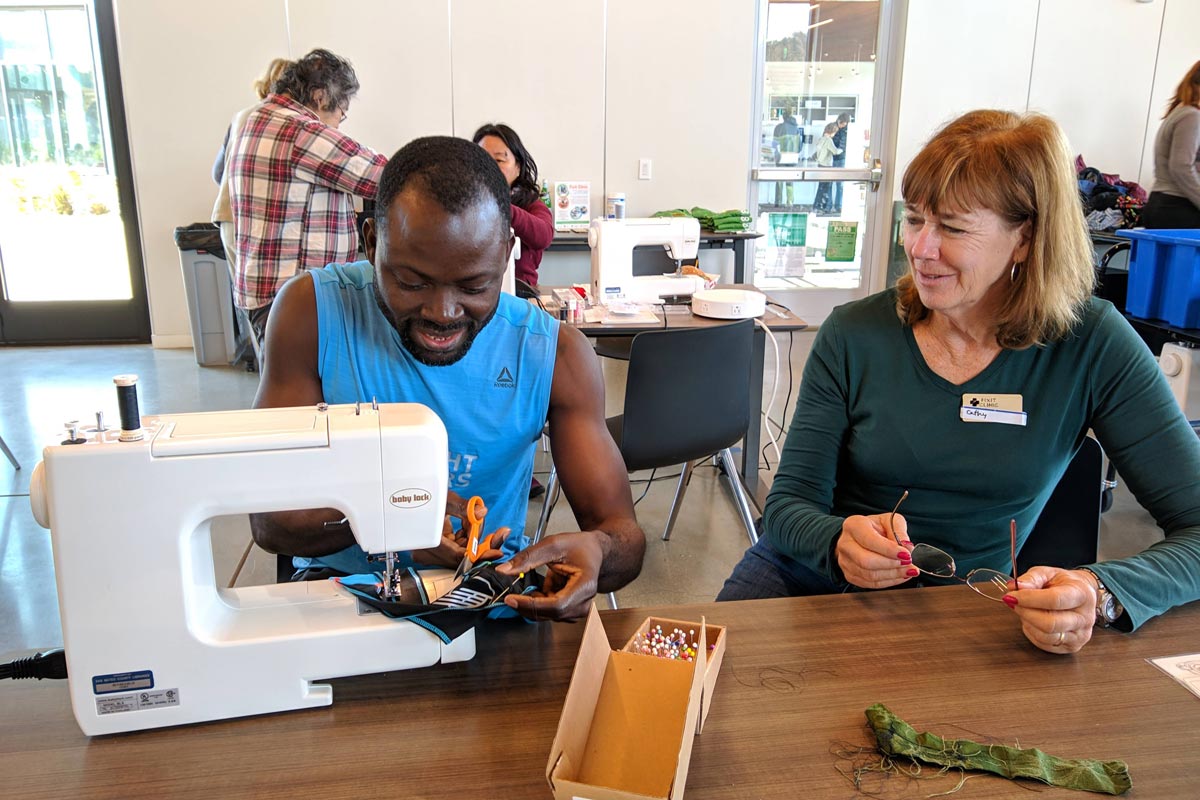
Case Studies and Reports
Explore reports and case studies that highlight key insights, strategies, and cost considerations for advancing energy efficiency and electrification in San Mateo County. From real-world home decarbonization case studies to research on permitting, grid reliability, and system-wide challenges, these resources provide valuable information for homeowners, policymakers, and industry professionals. Dive into the findings to better understand the opportunities and solutions for a cleaner, more sustainable future.
Featured Case Studies and Reports
Key insights and strategies for advancing energy efficiency and electrification.
Cost Studies: Commercial Kitchens
In 2025, the Sustainability Department developed an analysis of the capital and operational costs associated with transitioning from methane gas cooking equipment to electric cooking equipment in commercial and institutional kitchens. The analysis evaluated 10 representative food service kitchens in San Mateo County of varying cuisines, building sizes, building types, and kitchen equipment types.
Grid Reliability & Building Electrification Explainer
To address concerns about grid reliability and electrification, the Sustainability Department produced a report for local government staff on grid reliability with research compiled by Rincon Consultants Inc. The report clarifies that transitioning to electric-powered appliances and vehicles will not negatively impact local grid reliability.
Cost Studies: Existing Homes
In 2022, the Sustainability Department developed ten case studies showcasing strategies and costs for decarbonizing existing single-family homes. These case studies cover energy efficiency, heat pump technology (water heating, space heating, and clothes drying), induction cooking, solar, battery backup, and EV charging. They also outline the long-term financial impact of decarbonization for homeowners.
Heat Pump Water Heater Permit Requirements and Costs
In 2021, the Sustainability Department researched permitting processes and costs for heat pump water heater installations across various San Mateo County jurisdictions. The report outlines key findings and recommendations for streamlining permitting.
Systems Mapping Project: Decarbonizing Existing Single-family Homes
With support from Presidio Graduate School and BayREN, the Sustainability Department convened a multi-stakeholder group to map challenges and opportunities for home decarbonization. Through homeowner and contractor focus groups, the project identified key barriers and developed four regionally coordinated actions for impactful change.
The Latest News & Events

22
Fixit Clinics are fun community-based workshops where neighbors, friends, and families work collectively to learn how to repair broken items. We’ll provide a workspace, specialty tools, and volunteer Fixit Coaches to help you troubleshoot and provide routine maintenance to your household items and appliances! Register at https://bit.ly/itemcheckin.
Interested in being a Fixit Coach?
It’s easy! Provide participants with 1) guidance on tools and 2) encouragement to investigate their broken item. Let them talk about how they used it and how it broke. That often provides valuable hints as to what’s wrong. See how much you can do without actually handling the item. Empower the item’s owner to do the troubleshooting and disassembly. Register to be a Fixit Coach here.
This event is hosted in partnership with the San Mateo County Libraries.








